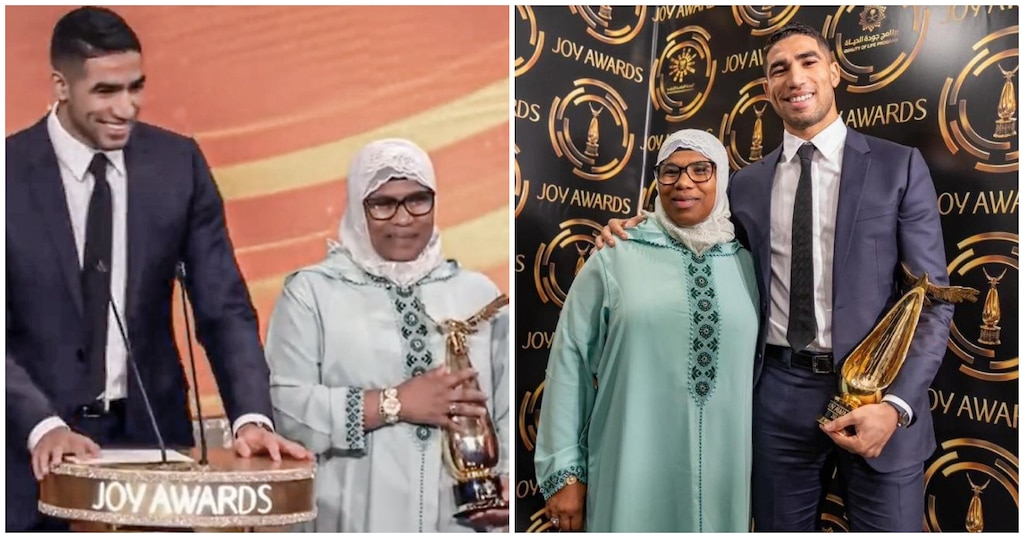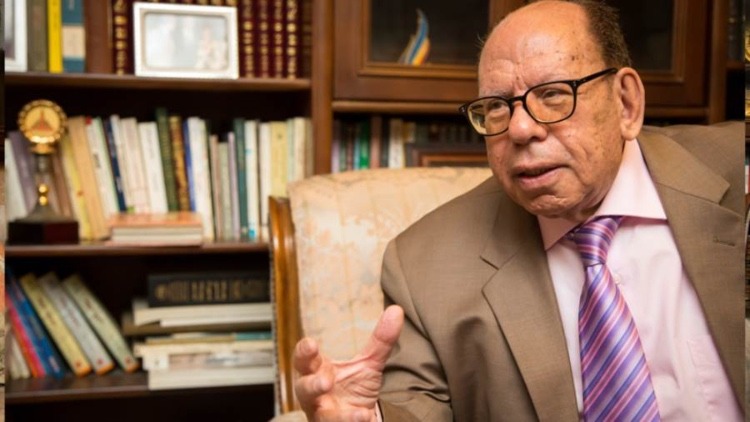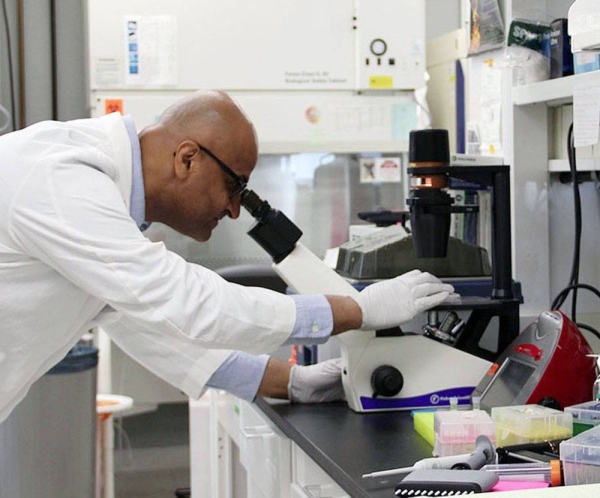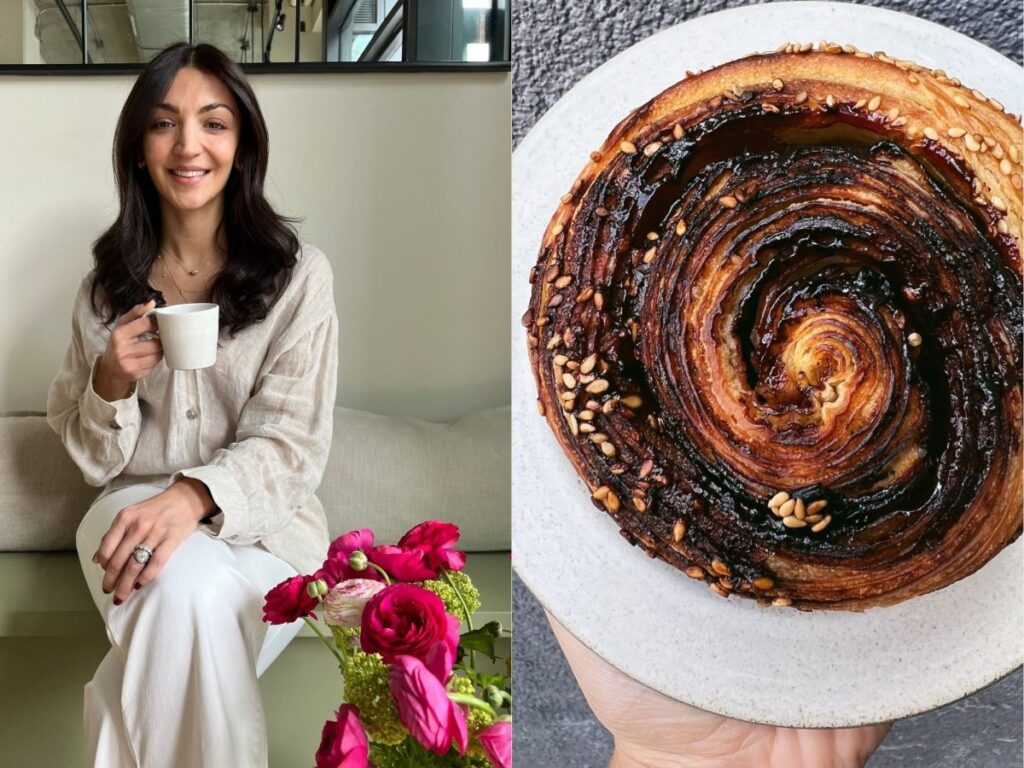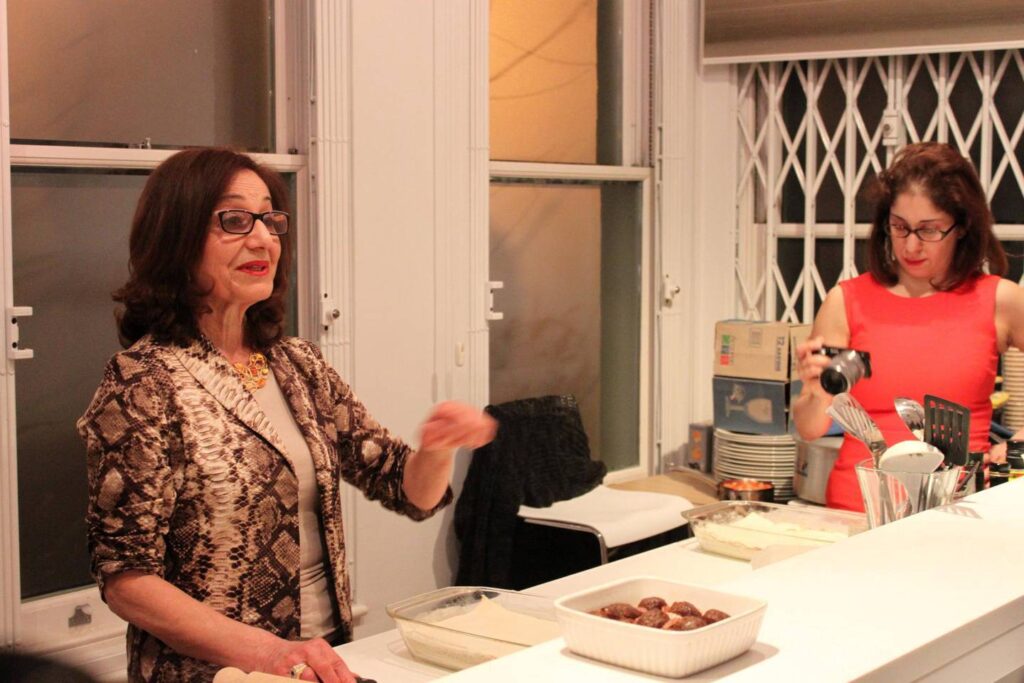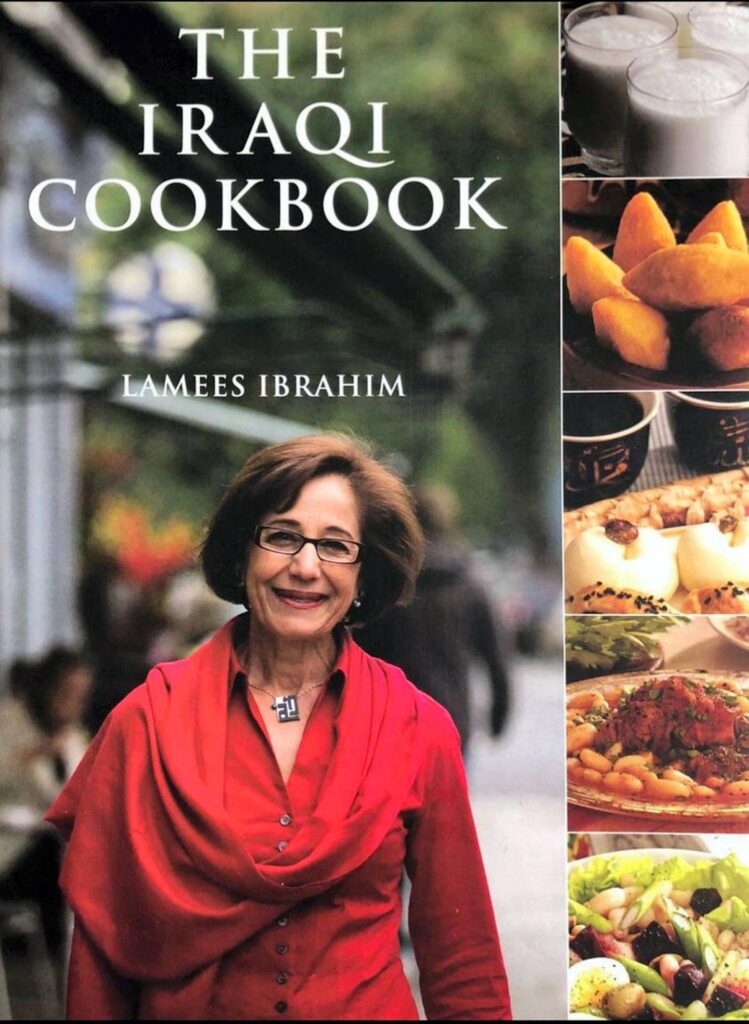In a remote area in the Valley of Jordan, schoolgirls planned for their future debunking the stereotypical roles that society prescribed for women.
In a remote area in the Valley of Jordan, schoolgirls planned for their future debunking the stereotypical roles that society prescribed for women. Some of the girls dreamt of being “spokesperson” of the government. It was the first time Jordan had a government’s spokesperson. And she was a woman: Asma Khader.
The many times in which Khader have inspired women and girls are the moments she recalls with a warm smile. “Girls start to see that their role is not being wives only. They can be ministers and official spokespersons and get involved in politics,” says Khader. In 2003, she was the State’s Minister and the government’s spokesperson. “I was on the TV and the radio everyday talking to the public,” says Khader. She remembers holding press conferences every Monday’s morning in a public space where anyone could attend.
In a region where women could be trapped in the midst of stereotypes, cultural ones and those implied by outsiders, political and social empowerment are necessities when dealing with women’s rights advocacy. It’s a continuous battle in which women celebrate victories and overcome challenges and obstacles. With her dark short hair and formal attire, Khader is one of the warriors in this battle. A mother of three daughters and one son and a grandmother, she raised her kids on principal: gender equality. “The only son was not getting the privilege to enjoy being the only boy,” laughs Khader.
In the midst of busy Amman, Khader is in her office working tirelessly. She had to stop practicing law because of her current position as Commissioner and Vice President at the Independent Election Commission. She helped to launch, established and led several organizations promoting human rights and freedom of expression. I have visited and witnessed the works of two of them: Al-Mizan Legal Group and Sisterhood Is Global Institute Jordan. Both of the groups are nationally active and have a great impact on people’s lives. I have met several active members of SIGI in the different chapters in cities and towns all working together on women’s rights issues.
Born in 1952, Khader has been a pioneer of women and girls’ rights advocacy since her childhood. She was the eldest of her siblings. In most Arab communities, it’s a tradition to identify parents by the name of their eldest child. For several years, Khader’s parents were known to be “Abu Asma” and “Umm Asma,” Asma’s father and Asma’s mother, until a change happened.
“I was shocked when everybody started to call my parents Abu Sameer and Umm Sameer after my brother was born,” says Khader and she chuckles. “They were known as Abu Asma and Umm Asma because I was the first child and then my sister and my sister. After three children, the boy was born. And in one second everybody started calling them Abu Sameer and Umm Sameer.” It was a matter of a name, but had deep meaning of discrimination against girls.
The spark of activism was ignited focusing on gender roles in childhood. “I started to prefer going out and playing with children: with boys mainly,” says Khader. Soon, her father noticed her rebellious spirit. He was supportive and backed her activism. Khader mentions that when he noticed her passion in defending girls’ rights at a young age he told her: “You should be sure that I love you and I am proud of you. And I am sure you will be a good citizen, a good person in the society.”
“My father was a very open minded person, very educated, a believer in women and men, and a fighter against discrimination,” reiterating the importance of her father’s support in her life. “My mother was worried but she didn’t prevent me from being active. As a mother I can understand why she was worried all the time.”
Khader’s journey began. At a time when it was rare for women to be involved in politics, Khader took to the streets with her male colleagues protesting against Israeli’s airstrikes on a small village in Khalil near Hebron. She was only 13-years-old chanting while being carried on the shoulders of other protestors. She encouraged her colleagues from the girls’ school to join the demonstration.
That was her early engagement in public life. However, she was active in school, helping and defending other students. “And I think that was the root of my profession later, to be a lawyer,” mentions Khader.
While being in high school, Khader was also active in helping Palestinian refugees. Arts fill Khader’s office, accompanied by her memories. As a member of the Palestinian Women Union, in the late 1960s, Khader travelled to other countries to present Palestine in Folklore activities such as arts and traditional Dabkeh dance, and exhibiting handmade crafts made by women, especially those of the refugee camps.
Surrounded by crowds of people, mainly women, Khader announced: “We are not presenting women as victims.” Khader is one of the three judges of Manara Award for Gender Equality in Jordan, Lebanon and Palestine. She is representing her home country, Jordan.
As she entered the room, women and few men gathered around to greet her and I was one of them. A woman journalist sitting beside me was pleased to see Khader on a seat close to us. “Your excellency, this is my article,” said the journalist while flipping the pages of a magazine to show her the piece.
Despite being occupied with the event, Khader got engaged in a conversation with the journalist. During the event Khader listened to comments and questions, and answered in a professional manner. Being in a non-governmental event and listening to Khader took my imagination to a time when I was not in Jordan: when she was a government’s official having to answer the public.
The challenge that most activists go throw is making their voice heard through the official channels. Having an official who was an activist could change the equation. It meant having reforms and changes within. Lobbying is something that women’s rights groups in several countries spend a lot of time and energy on. Similarly, in Jordan, a constitutional monarchy, in which non-governmental organizations, opposition and other groups have a chance to demand changes through the existing channels. At times, it is necessary to work with the government in order to achieve rights, gender equality in particular.
Being in a leading position, Khader used her role as a government official and minister to work for gender equality. “When you are in a position where you can impact a decision, it’s very important,” says Khader speaking of her experience in the government. For instance, she was able to push to have shelters, by law, in order to protect vulnerable women. In addition to that, health insurance law was introduced that entitles working women to have the right in including their families in their health insurance plans. Khader also had a stance against death penalty that was frozen until 2014. She was also able to give licenses to independent media organizations, and thus enhancing freedom of expression condition in the country.
“It’s very important to see how problems and achievements and challenges are from the different points of view,” says Khader. “I realize that if there is good lobbying — a group who are really preparing their case well — then the ministries will discuss it and take it seriously. This was also an empowering experience: to be more active in civil society later and to know how to deal with issues and to be more effective.”
Khader graduated from Damascus University with a law degree in the early 1970s. At that time, there was no faculty of law in Jordan, and therefore, Khader had to travel to Syria. When she returned after successfully graduating, her father died. “It was a sudden death before me being a lawyer,” says Khader and her eyes are tearful. I look around to find a framed letter on her desk. “He wrote this letter to me.”
“I have always pictured you a lawyer…defending the oppressed, and serving the motherland with awareness…I wish you success and prosperity,” Khader’s father wrote. While the father didn’t see his daughter a lawyer, he was certain that she would be and that she would defend human rights. He was right with what he pictured for her.
A life filled with activism and Khader talks with pride about every battle she fought. Taking serious risks is not a choice, but is a necessity in some campaigns such as the one against what’s known as honour crimes. For instance, Khader mentions incidents in which she was threatened that her daughters would be “raped.” Her daughters were safe and she wasn’t deterred from continuing in her work despite the threats.
“Everybody now is fighting honour crimes in the country and the laws were changed and the special court was established and efforts happened,” says Khader. This would not have happened if women’s rights activists and advocates, like Khader, stopped due to threats and obstacles facing them. “Everybody now from the leadership of the country to many officials of the country to even the public opinion [have a stance against honour crimes],” says Khader. “After 20, 30 years, they are changed. So sometimes, it is a long process.”
Based on decades of experience, Khader has advice: to not lose hope if the process is taking a long time. “Reaching leading positions is not easy and is not going to happen smoothly without hard work and seriousness and knowledge based approach to challenge all the obstacles and being ready to spend years after some of the demands, some of the rights and some of the dreams, and some of the achievements you are trying to reach,” insists Khader.
Yusur is a journalist currently working in Jordan. She is board member of Canadian Voice of Women for Peace. This Project was carried out with the aid of a grant from the International Development Research Centre (IDRC), Ottawa, Canada.
Image: www.blog.learningpartnership.org
source/content: rabble.ca (headline edited)
__________

__________
JORDAN
